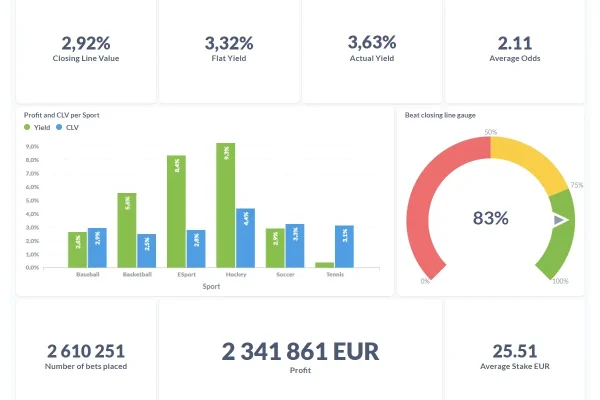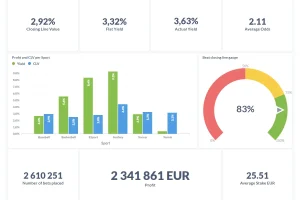Think about the last time you watched a big game with friends. The energy, the shared groans at a missed field goal, the collective roar for a last-minute touchdown. That feeling of community, of being in it together, is a powerful force. Well, that’s exactly the kind of energy fueling the rise of social gambling communities and peer-to-peer betting.
This isn’t your grandfather’s trip to the smoky, solitary bookmaker. This is gambling woven into the fabric of digital connection. It’s less about the cold, hard cash—though that’s often involved—and more about the bragging rights, the shared strategy, and the thrill of the collective win.
What Exactly Are We Talking About Here?
Let’s break it down, because the terms can get a bit muddy. Honestly, they’re two sides of the same coin, but with distinct flavors.
Social Gambling Communities: The Virtual Water Cooler
Imagine a giant, global sports bar where everyone has a vested interest in the game. That’s a social gambling community. These are online spaces—forums, Discord servers, dedicated app features—where people gather to:
- Share tips and picks: “The Rams’ defense is looking shaky, I’m all in on the over.”
- Discuss strategies: Deep dives into player stats, weather conditions, you name it.
- Celebrate wins and lament losses: A digital support group for the emotionally invested.
- Participate in free-to-play pools and prediction games: Often for virtual currency or just pure glory.
The primary currency here is information and reputation. You build your status by being the person with the killer insight.
Peer-to-Peer (P2P) Betting: Cutting Out the Middleman
Now, peer-to-peer betting takes that community concept and adds a direct financial link. Instead of you betting against a faceless bookmaker, you’re betting against another person.
Think of it like eBay for bets. You list your bet: “I’ll wager $20 that the Knicks cover the spread.” Someone else in the community agrees to take the other side. The platform just facilitates the match and holds the funds—it doesn’t set the odds or have a stake in the outcome. This model can often lead to better odds for the bettor, which is a huge part of its appeal.
The Irresistible Pull: Why This Model is Exploding
So why are people flocking to these platforms? It’s not just a fad. There are some core human drivers at play.
1. The Trust Factor (and the Lack Thereof)
Let’s be real, traditional sportsbooks aren’t always seen as the good guys. Opaque odds, account limitations for winning players, you know the drill. There’s a built-in skepticism. In a P2P model, the dynamic shifts. You’re dealing with people, not a corporation. Sure, there’s risk, but it feels… different. More transparent. The community often self-polices, calling out bad actors.
2. It’s Just More Fun
Gambling can be a lonely activity. Staring at a screen, watching your balance flicker up and down. But in a community? It becomes a game within the game. The banter, the shared agony, the collective analysis—it turns a financial transaction into a social experience. It’s the difference between eating alone and having a dinner party.
3. The Democratization of Odds
In P2P betting, the market—the users—set the odds. This can create opportunities you’d never find with a traditional bookmaker. If you have a strong, contrarian opinion on a niche e-sports match, you can find someone to take that bet. You’re not limited by what the house is willing to offer.
The Flip Side: Navigating the Risks
It’s not all high-fives and easy money, of course. This new world comes with its own set of challenges and potential pain points.
Information Overload and “Groupthink”: Being in an echo chamber of hot takes can be dangerous. When everyone is chanting the same pick, it’s easy to get swept up without doing your own research. That “sure thing” the community is pushing might just be a collective mirage.
Responsible Gambling in a Social Context: Peer pressure is real, even digitally. Seeing others post big wins can trigger FOMO (Fear Of Missing Out) and lead to chasing losses or betting more than you intended. The social validation of a win can be addictive in itself.
Security and Dispute Resolution: You’re trusting a platform to hold your money and fairly mediate disagreements. What happens if the person you bet with disputes the outcome? A robust and transparent system for resolving these issues is absolutely critical.
A Quick Look at The Landscape
| Feature | Traditional Sportsbook | Social/P2P Community |
| Who you bet against | The House (Bookmaker) | Another User |
| Primary Goal | Profit for the House | Connection & User Profit |
| Odds Setting | Set by the House | Often User-Driven (Market) |
| Social Element | Minimal (maybe a blog) | Core to the Experience |
The Future is a Shared Experience
It’s clear this trend is more than a passing phase. As technology evolves, we’ll see these communities become even more immersive. Think live-streamed watch parties integrated directly with betting interfaces, or virtual reality spaces where you can high-five the avatar of the person who just took the other side of your prop bet.
The line between social networking and gambling is blurring, fast. It’s a shift from a solitary, numbers-driven pursuit to a collective, human-centric one. The question isn’t really if you’ll join one of these communities, but when. And more importantly, how you’ll navigate the unique blend of camaraderie and risk that they offer.
In the end, it’s a reminder that even in the world of chance and probability, we’re all still searching for a connection.












